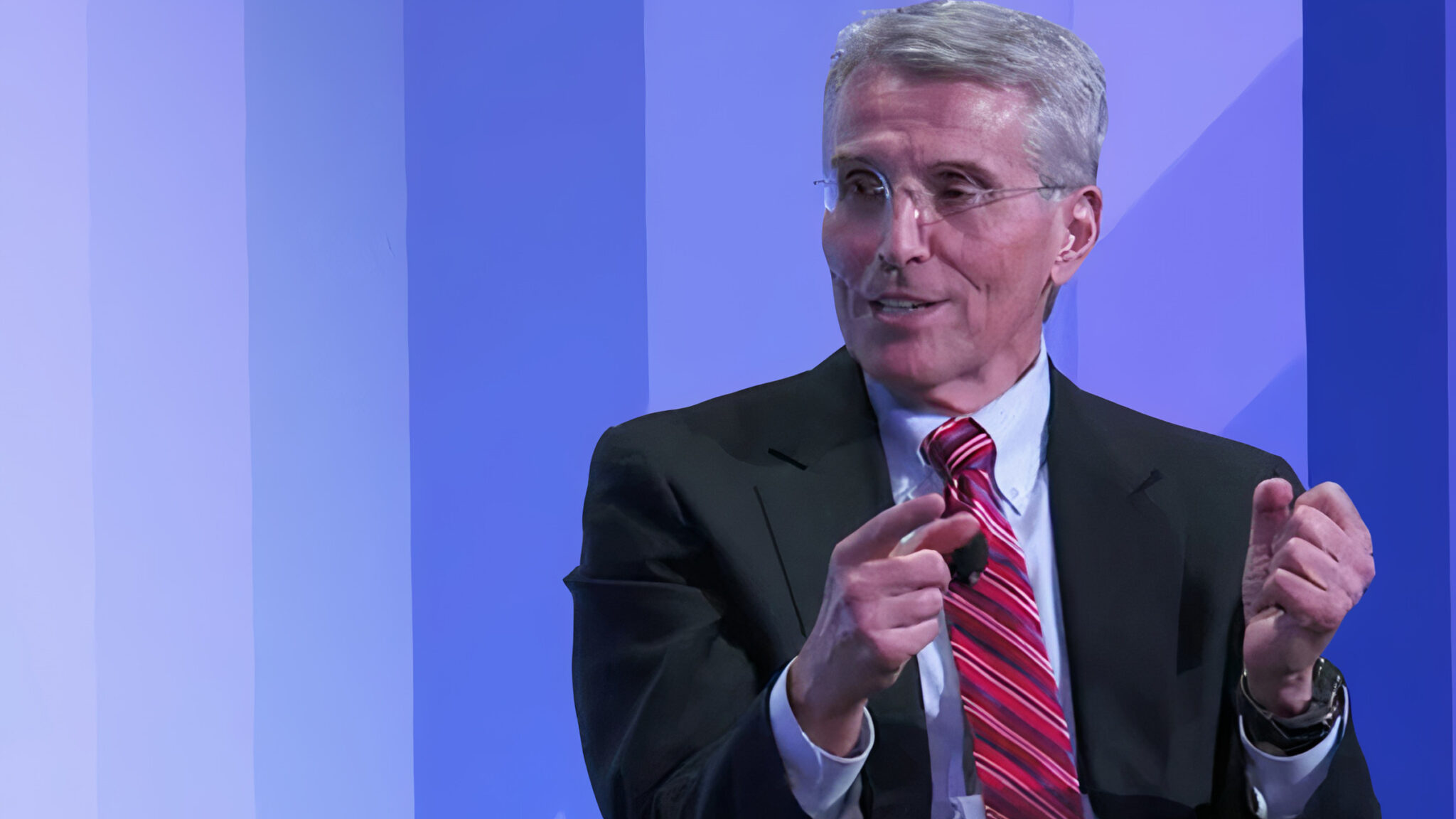
FDA advisors recommend against approving Eli Lilly’s PD-1, casting shadow over future of China-made cancer drugs
In a lively and sometimes contentious hearing, the FDA’s Oncologic Drugs Advisory Committee (ODAC) nearly unanimously recommended against approving Eli Lilly and Innovent’s anti-PD-1 antibody sintilimab, dealing a blow to “me-too” cancer drugmakers hoping to reach the market based solely on data from China.
But the panel’s concerns were largely overshadowed by FDA officials tearing into Lilly over not making good on its promises to increase trial diversity, submitting the application without consulting regulators before the trial concluded and misrepresenting interactions with the agency during its presentation.
Unlock this article instantly by becoming a free subscriber.
You’ll get access to free articles each month, plus you can customize what newsletters get delivered to your inbox each week, including breaking news.